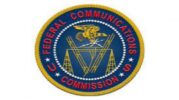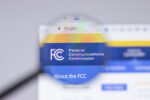FCC Order Would Reduce VoIP Provider Access to Telephone Numbers
As we welcome Anna Gomez to the FCC as its fifth commissioner, we ought to be prepared for an avalanche of new regulations, including the return of net neutrality, additional control of broadband services and an increased focus on consumer protections.









